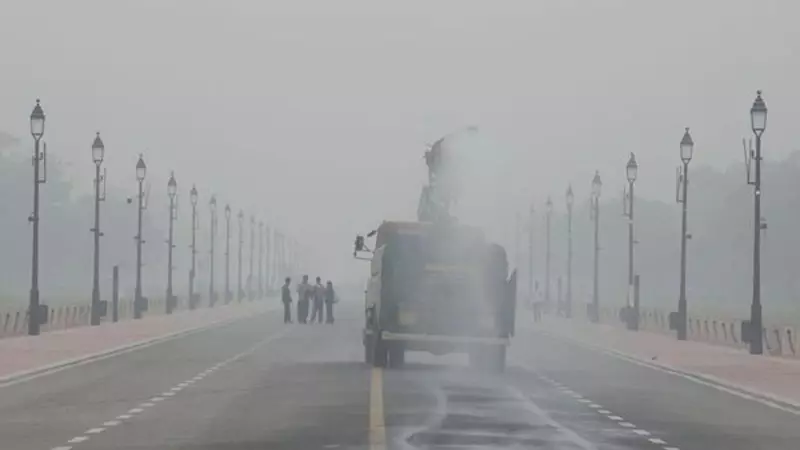
Delhi's worsening air quality is triggering a silent health epidemic, with pulmonologists across the capital reporting a dramatic increase in patients suffering from chronic respiratory conditions. The city's infamous pollution haze has become more than just an environmental concern—it's now a full-blown public health crisis.
The Invisible Health Emergency
Medical professionals specializing in respiratory diseases are witnessing an unprecedented surge in cases of chronic obstructive pulmonary disease (COPD), asthma, and other lung-related ailments. The deteriorating air quality, particularly during winter months, has transformed Delhi's atmosphere into a toxic cocktail that's taking a severe toll on residents' lung health.
Doctor's Warning: No One is Safe
Leading pulmonologists emphasize that the problem extends far beyond vulnerable groups. Even healthy individuals with no prior respiratory issues are now developing chronic conditions due to prolonged exposure to polluted air. The microscopic particulate matter (PM2.5) penetrates deep into lung tissue, causing irreversible damage over time.
Year-Round Problem, Winter Crisis
While the pollution haze becomes visibly worse during winter, doctors caution that this is not a seasonal issue. The damage accumulates throughout the year, with winter conditions merely amplifying the visible symptoms and health complications.
Protective Measures Recommended by Experts
- Wear N95 or N99 masks during outdoor activities
- Use high-quality air purifiers indoors
- Limit outdoor exercise during peak pollution hours
- Regular pulmonary function tests for high-risk groups
- Immediate medical consultation for persistent cough or breathing difficulties
The medical community is urging both authorities and citizens to treat air pollution with the seriousness it deserves, as the long-term health implications could burden India's healthcare system for generations to come.





